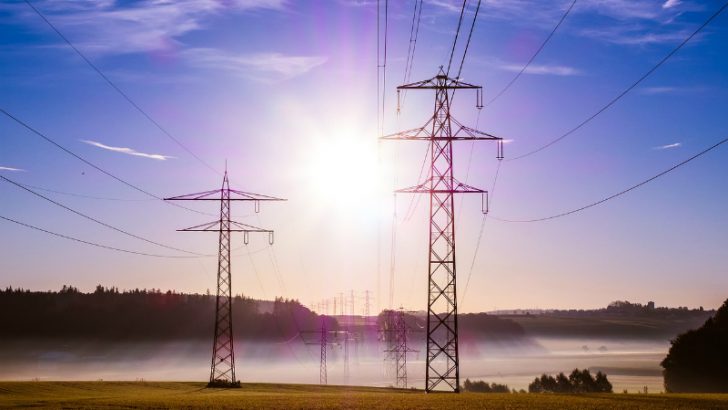
23 European wholesale energy trading firms – including EDF, ENEL, EON, Iberdrola, RWE, Total and Vattenfall – will test peer-to-peer trading in the wholesale energy market based on blockchain technology. Trading will take place on an enhanced Enerchain framework. This is blockchain-based application developed by PONTON already used to execute the first European energy blockchain trades at the 2016 EMART conference in Amsterdam.

“We are very pleased to cooperate and constructively work with the other partners of the Enerchain initiative to unlock the full potential of this new platform which can boost efficiency and increase security of bilateral transactions“, said Leonardo Zannella, Enel’ s Head of Global Front Office. “At Enel we are implementing the Open Innovation approach to tackle the challenges of the current energy scenario and as such we are an active promoter of the Blockchain initiative. This new technology will bring significant value to the industry as long as the energy community acts together.”
As Thorsten Kühnel, Vice President Future Lab, E.ON SE describes it: “The actual potential of blockchain technology lies in disintermediation. This creates true disruption; everything else is incremental innovation or optimization. Enerchain is one of the very rare projects outside the financial sector, which has real potential for disruption.”
Decentralisation is the name of the game
Enerchain software enables trading organisations – to send anonymously, via a blockchain – orders to a decentralised orderbook. Other trading organisations access this orderbook. All this is done “peer-to-peer” (P2P) without a central marketplace operated by a third party.
The participants have committed to share the required development costs in order to create a proof of concept. This will include a full-scale prototype integrated into the participants’ existing trading infrastructure. It will support the decentralised credit limit solution required for bilateral trading.
The participants reflect a broad range of traded products, including:
- forward trades
- spot trades
- load curves
- as well as more exotic trades.
In addition, Enerchain will support a wide range of energy products like day-ahead, monthly, quarterly and yearly baseload for power and gas.
The proof of concept will run until the end of 2017. A crucial phase of the project will occur in the last quarter of 2017 when participants will start live trading.
What does it mean?
Applying blockchain technology in energy markets promises more efficient operational processes and reduced transaction cost (see also ‘IBM delivers blockchain carbon management‘). If successful, Enerchain will be one of the first blockchain-based P2P trading systems for wholesale energy products to go live.
Irrespective of success or failure, the proof of concept will provide participants with significant exposure to blockchain technology. They should find out whether a decentralised solution can support the varied products, trading volumes and transactional speeds found in existing markets.
The broad European participation means that monitoring progress, by all enterprise, makes sense. If it can be done in energy trading it will be a positive indicator for other high-value blockchain initiatives.


























